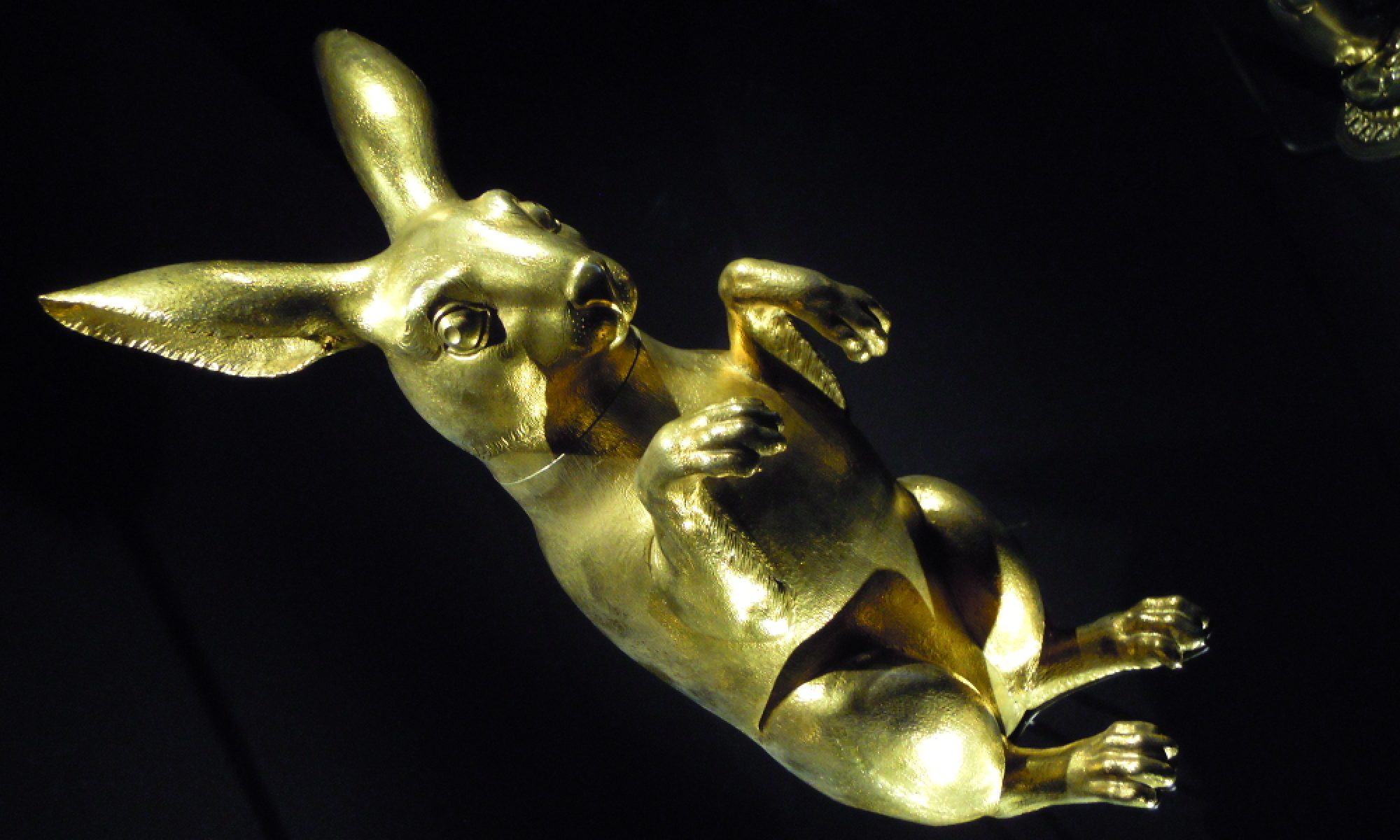Am Donnerstag, 13. April 2017, laden wir zum nächsten Doppelkolloquium des neuen Jahrgangs des Herzog-Ernst-Stipendienprogramms der Fritz Thyssen Stiftung ein: Dr. Natacha Klein Käfer (Berlin) spricht um 17:00 Uhr (s.t.) über “Pluto‘s Healers. Legitimizing Alchemy as Healing Practice through Attacks on the Legitimacy of Popular Practitioners” und um 18:00 Uhr Michel van Duijnen (Amsterdam) zum Thema “‘Beheaded in the most wretched manner’. Execution Prints and Illustrated Martyrologies in the 17th Century Dutch Printing Industry”. Interessierte Zuhörer sind herzlich willkommen. Beide Vorträge finden – auf Englisch – im Seminarraum des Forschungszentrums (“Pagenhaus”) auf Schloss Friedenstein statt. Hier kurze Einführungen:
Dr. Natacha Klein Käfer (Berlin): Pluto‘s Healers. Legitimizing Alchemy as Healing Practice through Attacks on the Legitimacy of Popular Practitioners
How did alchemy fit in the wide range of 17th century healing practices? This presentation intends to look at how chymists were situated in a large network of healers, how they perceived themselves in this context, and how they tried to reinforce their positions in certain “hierarchies” of healing practices through attacks on the legitimacy of popular practitioners, such as herbalists and charmers. To that end, I propose to explore how alchemical texts portray other healing practitioners by searching through alchemical treatises for rhetorical devices used to associate the practice of chymistry with “official medicine”, paying particular attention to how this association would result in an attack against other healing practitioners.
Natacha Klein Käfer completed her PhD under the TEEME Erasmus Mundus Programme at the Freie Universität Berlin and the University of Kent. Her thesis deals with German charms and the adaptations in text and practice from the 9th century until today. Her work focuses on history of charms and alchemy.
Michel van Duijnen (Amsterdam): ‘Beheaded in the most wretched manner’. Execution Prints and Illustrated Martyrologies in the 17th Century Dutch Printing Industry
During the second half of the 17th century, the booming Dutch printing industry published a number of extensive martyrologies, lavishly illustrated books with hundreds of etchings showing the demise of Early Christian and Protestant martyrs. Simultaneously, the very same publishers and etchers started to produce a huge amount of execution prints of a secular nature, focusing on the untimely deaths of princes, adulterers, and traitors. In iconographical terms, these prints are at times indistinguishable from their religious counterparts, as martyrs and profane victims of the early modern justice system blur into an endless chain of graphic execution scenes.
The likeness of these Dutch execution scenes of a secular and religious nature seems like a straightforward point of departure for further inquiry, yet the religious image production has consistently been studied in isolation from its secular counterpart, while virtually no scholarly works deal with the flood of violent execution prints that are published in the Dutch Republic at this time. In this project, martyrologies are placed back into a broader visual culture that reserved a prominent place for spectacular, dramatic, and above all, explicit scenes of early modern executions.
Michel van Duijnen received a BA and MA in History from the Vrije Universiteit Amsterdam, as well as an MSc in Nationalism Studies from the University of Edinburgh. He is currently working as a PhD-candidate at the Vrije Universiteit Amsterdam, embedded within the Dutch-Flemish research project Imagineering Violence – Techniques of Early Modern Performativity in the Northern and Southern Netherlands 1630-1690 (https://itempviolence.wordpress.com/).

